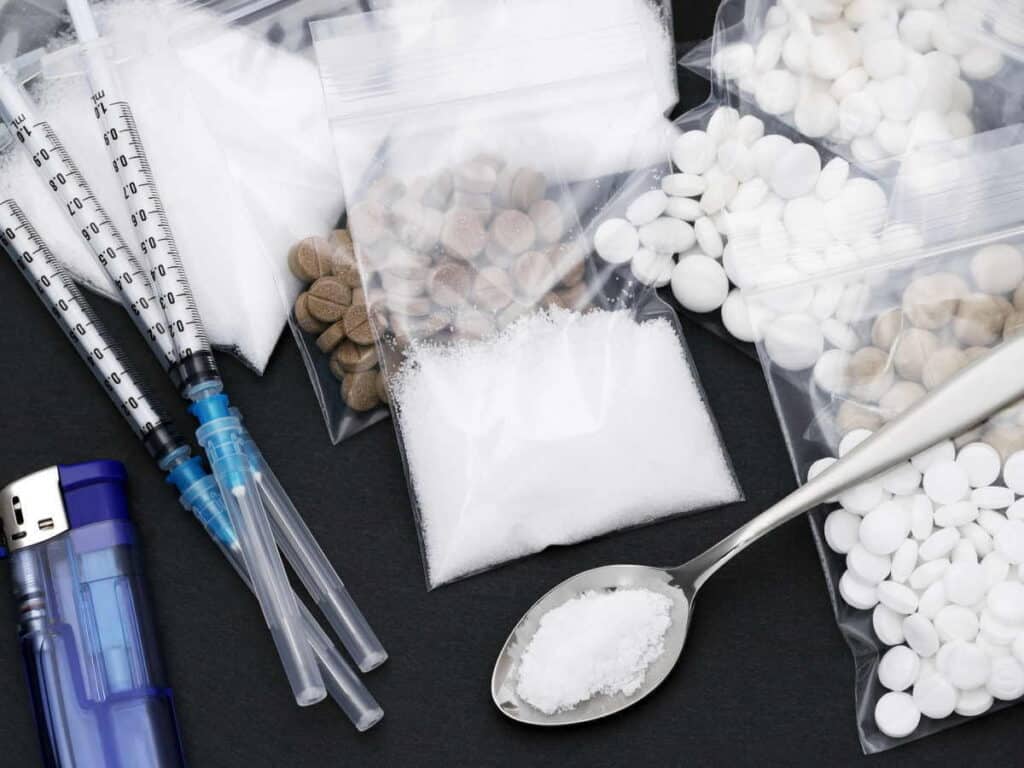Are Current Drug Policies Really That Effective?

Drug policy has been a contentious issue for decades, and different nations have adopted varied ways to drug regulation. While some prefer stronger regulations and heavier punishments, others are in favor of more tolerant policies like decriminalization or even legalization. It is interesting to examine whether current drug policies are succeeding in their intended objectives because their efficacy has been questioned.
One of the primary goals of drug policies is to reduce drug use and drug-related harm. However, despite decades of drug prohibition, drug use remains a significant problem in many parts of the world. In fact, drug use has increased in some countries, particularly among young people. According to the United Nations, approximately 269 million people used drugs in 2018, and drug-related deaths have increased by 60% in the last decade. Clearly, current drug policies are failing to reduce drug use and drug-related harm.
Additionally, present drug laws are fueling a wide range of other issues. For instance, the criminalization of drug users as a result of drug prohibition has resulted in mass incarceration and placed a significant burden on the criminal justice system. The cost of locking up drug offenders is exorbitant, and drug offenses make up a sizable portion of the jail population in many nations. Also, marginalized communities, particularly those of low income and people of color, suffer disproportionately from drug use and possession criminalization.
Furthermore, current drug policies have failed to address the root causes of drug use, such as poverty, inequality, and lack of access to healthcare. Many people turn to drugs as a coping mechanism for underlying issues, and punitive drug policies do little to address these issues. Instead, they often exacerbate them by perpetuating stigma and discrimination against drug users.
Alternative drug policies have demonstrated promise in lowering drug usage and harm associated with drugs. For instance, harm reduction strategies that include offering clean needles and overdose prevention drugs have been successful in lowering drug-related infections and fatalities. Similar results have been found for drug treatment programs that emphasize evidence-based methods like cognitive behavioral therapy and medication-assisted treatment in lowering drug use and enhancing health outcomes.
Moreover, countries implementing decriminalization or legalization policies have seen positive results. Portugal, for example, decriminalized drug use and possession in 2001 and has since seen a significant reduction in drug-related harms, including HIV infections, drug-related deaths, and drug-related crime. Similarly, countries that have legalized cannabis have seen a reduction in cannabis-related arrests and an increase in tax revenue.
In conclusion, existing drug policies are ineffective at lowering drug usage and the harm it causes. They are causing a variety of other concerns, such as prejudice, mass incarceration, and the continuation of underlying problems that fuel drug use. Alternative drug policies have shown promise in decreasing drug-related harm and addressing the reasons of drug use, such as harm reduction, evidence-based treatment, and decriminalization or legalization. It is time for decision-makers to review current drug laws and enact more strategic approaches that put social justice and public health first.






